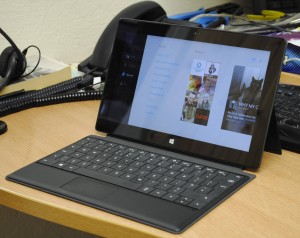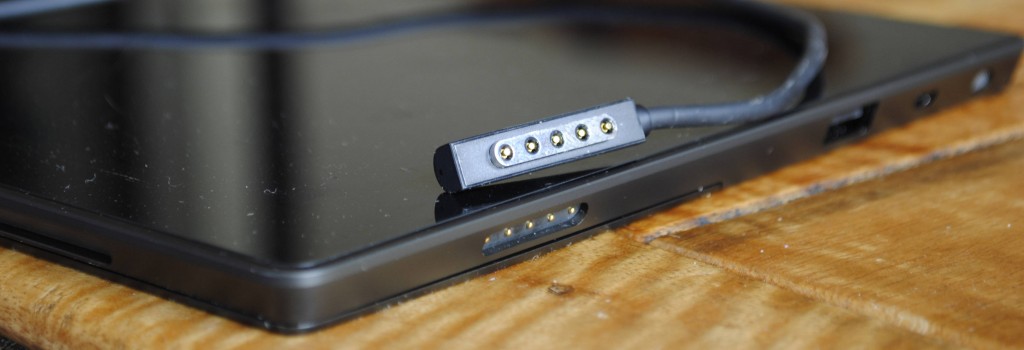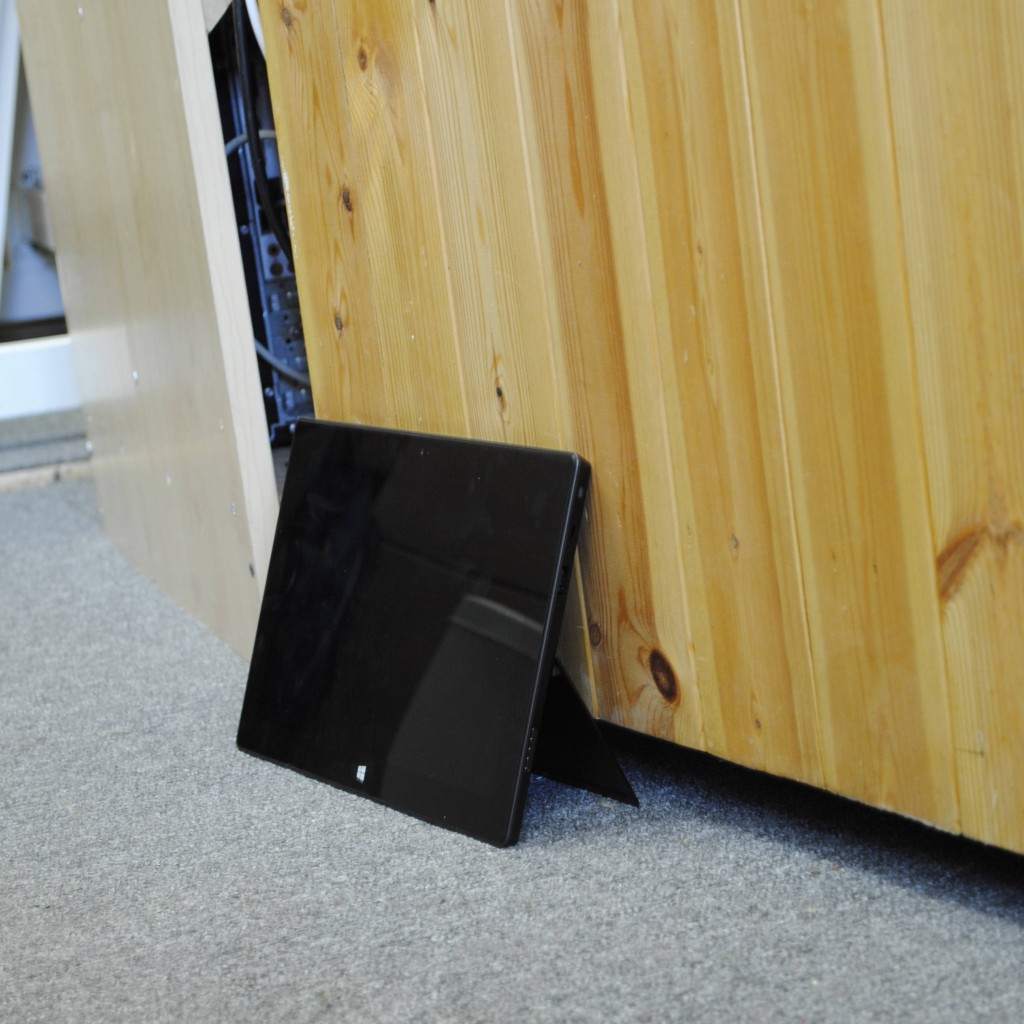
I was on campus at Hull last week and pretty much as I walked in the door the ICT dept. jammed a Windows Surface RT into my hands. “It’s useless,” said a man in a Where Would You Think t-shirt, “enjoy!”.
I was quite excited about getting a Surface RT however, mostly because a lot of our customers do significant amounts of business when out-and-about. Developing for Android and iPad is a bit of a pig for Seed as it’s basically a Windows software house (although we do do it). So having something based on an ARM processor but that runs Windows must be a pretty major innovation for us, right? I mean most of our apps are pure .NET so you’d think it would be child’s play to get them onto the Surface RT right?
Oh no. It transpires that only Microsoft’s own apps are allowed to run on the desktop and yeah, most of our apps are for the desktop. In fact, without jailbreaking it, the only way you can get your apps onto the Surface RT is through the Windows Store.
Now I understand, from a technical point of view, why Microsoft may want to do this; Windows is still in a transition. Microsoft don’t really want anyone fiddling with that old Win32 stuff because it’s dangerous, but a lot of legacy apps still need it. Whilst Microsoft continue to provide access to the Win32 interface those applications aren’t going to stop using it. So they need to break the chain.
The reason it’s dangerous – indeed something that’s bugged Windows from the start – is that they’re trying to retrofit security. Basically Unix-like operating systems, of which iOS and Android are, start with the premise that as a user (or application) you’re not allowed to do anything. You are then granted permission to perform certain tasks. You can’t get at the soft underparts of the operating system unless you’re a superuser and in the case of iOS and stock Android devices they’re not letting you do it (although you can “root” most Android devices to get such access if you really want).
Windows however started life assuming that the user could do anything they wanted, so security simply wasn’t included at the start. This means that Windows has a heck of a lot more holes to plug than the other two platforms, and they’re not there yet. To clarify, we’re not just talking about hackers and viruses, but a lot of legitimate programmers have been using stuff in Windows – often because there’s no alternative – that can actually destabilise the system. Opening up the device to anything that would cross-compile for the ARM processor would mean they had exactly the same problems on the tablet as they do on the desktop.
Essentially we’re all still paying for a cock-up that Microsoft made in 1981.
There would be a half-way house though, as I mentioned before most of our apps are pure .NET which in theory can’t do anything nasty. The fact that RT is not open to pure .NET apps makes me scratch my head a little. I can’t help but wonder if perhaps the current .NET runtime (for desktop) isn’t quite a clean as it ought to be.
So, as a software developer I find the Surface RT frustrating, it has a desktop that I can’t use, I can’t write Windows Services (even in .NET), the only thing I can do is write store apps and even then it’s subtly different to writing a Windows Phone app.
Microsoft themselves have done a reasonably good job of getting their own apps onto Surface RT (e.g Skype, Lync) and there’s a smattering of the top apps that you’d expect to find – Facebook, Twitter, Kindle etc. but that’s about it. There is a woeful lack of applications for the platform. Not only that but even apps like Facebook and Twitter seem limited compared to their Android counterparts. They’re clunkier, it’s clearly that less attention has been paid to them.
So the big advantage of the Surface RT over an Android or iPad tablet is that it runs full Microsoft Office. That’s it. That’s the advantage and to be honest some of the alternative office packages that are available for Android are pretty good. In every other way it’s a worse platform than Android or iPad.
It even needs its own special charger rather than using Micro USB – although to be fair it uses a 12V supply whereas USB is 5V.

What Microsoft have done is to pretty much guarantee failure of the platform.
Still, it must be useful for something, right? I mean it’s actually quite a good piece of hardware. They detachable keyboard thing works really well too.
It’s certainly better (hardware) than the cheap Chinese Android table I got a couple of years ago. So why don’t I run Linux or Android on it? Well I can’t because Microsoft have locked the bootloader. Before you scream “no fair!” almost everyone does these days, Android included. Some Android manufacturers however release unlocks for their bootloaders. HTC for instance generally do when the device is a couple of years old (via htcdev.com). I can’t see Microsoft doing this.
In conclusion, the Surface RT is not the platform for development that I’d hoped it would be; it’s not very useful for us to develop apps for. Yes it has Office which makes it a useful device to have around for meetings etc. and it’s a lot easier to get in hand luggage than a laptop. It lacks the I/O though to make it a useful presentation device and there’s no chance of running up Visual Studio even if I could put up with it running terribly slowly. For me it cannot replace a laptop for anything other than the most basic business use.
There are cheaper Android devices that are far more capable – and the lack of Microsoft Office on them isn’t really much of an issue. There are x86 based tablets that run full Windows and, whilst they might be a bit slow, are actually viable as a travel alternative to a laptop. Microsoft themselves even produce the Surface Pro series.
To cap it all off the lack of apps puts it way behind the competition as a social and media platform so I’m really struggling to find a use for it. I’ll let you know if I find something a little more involving of technology than this…
